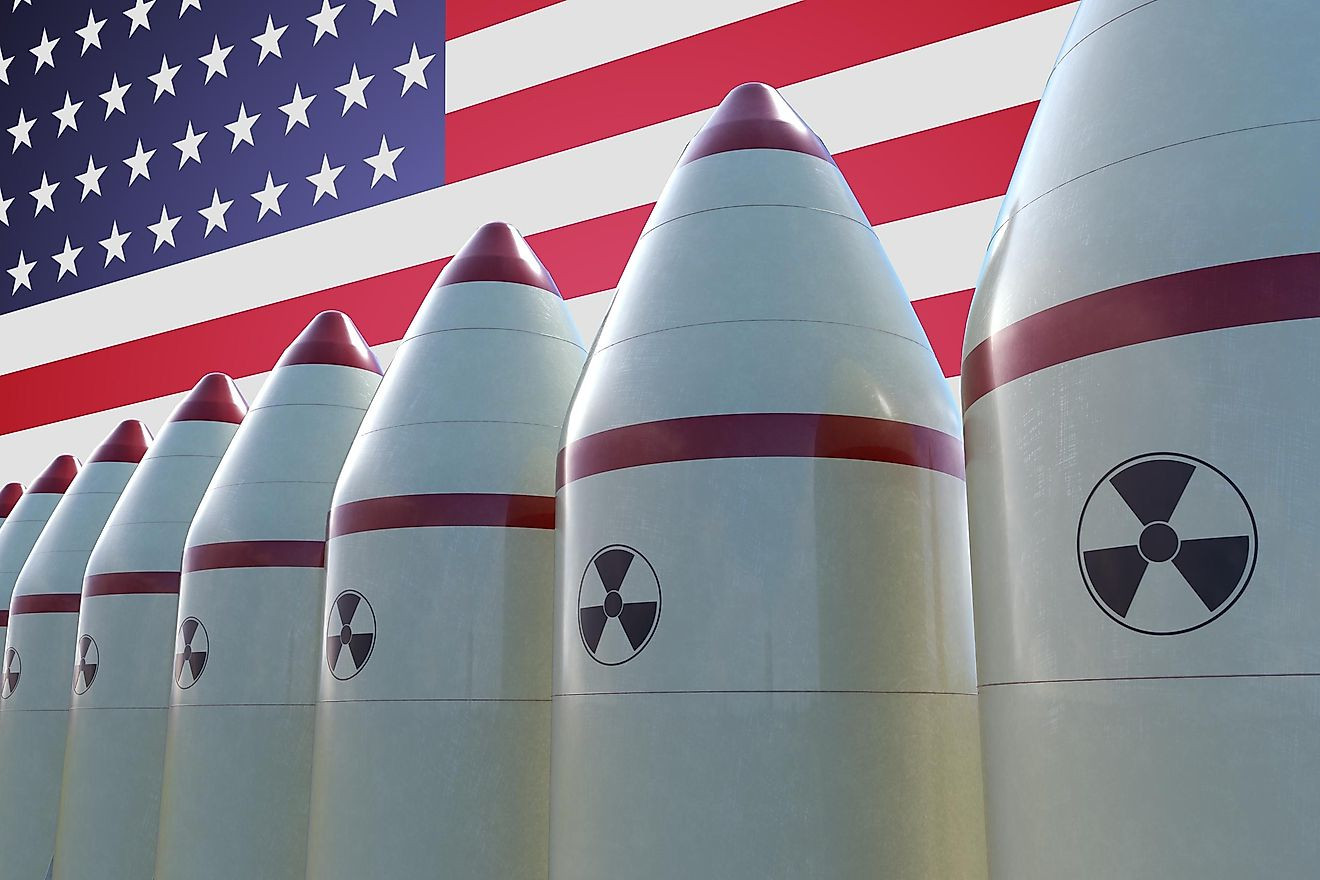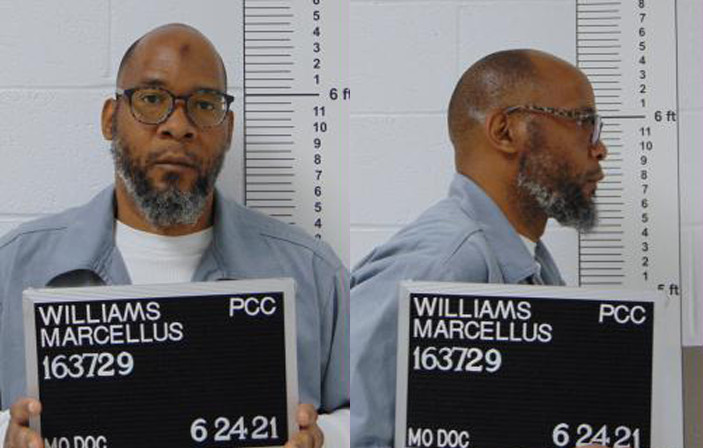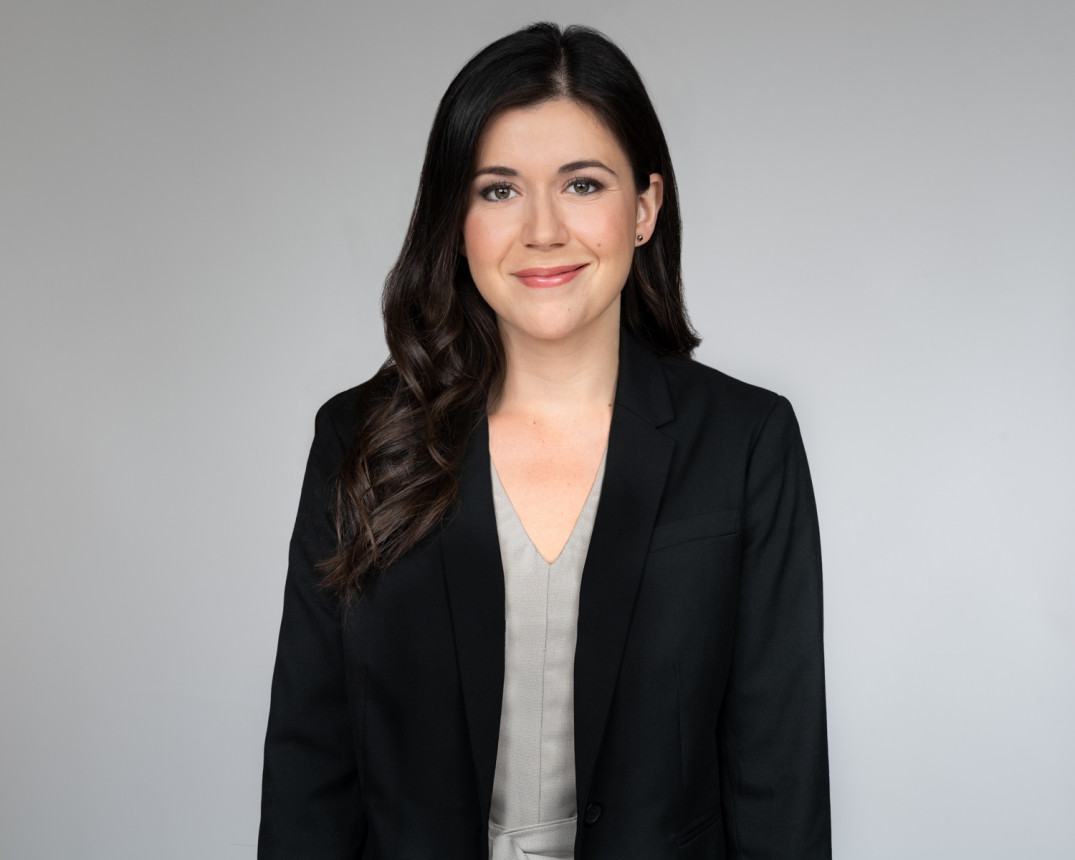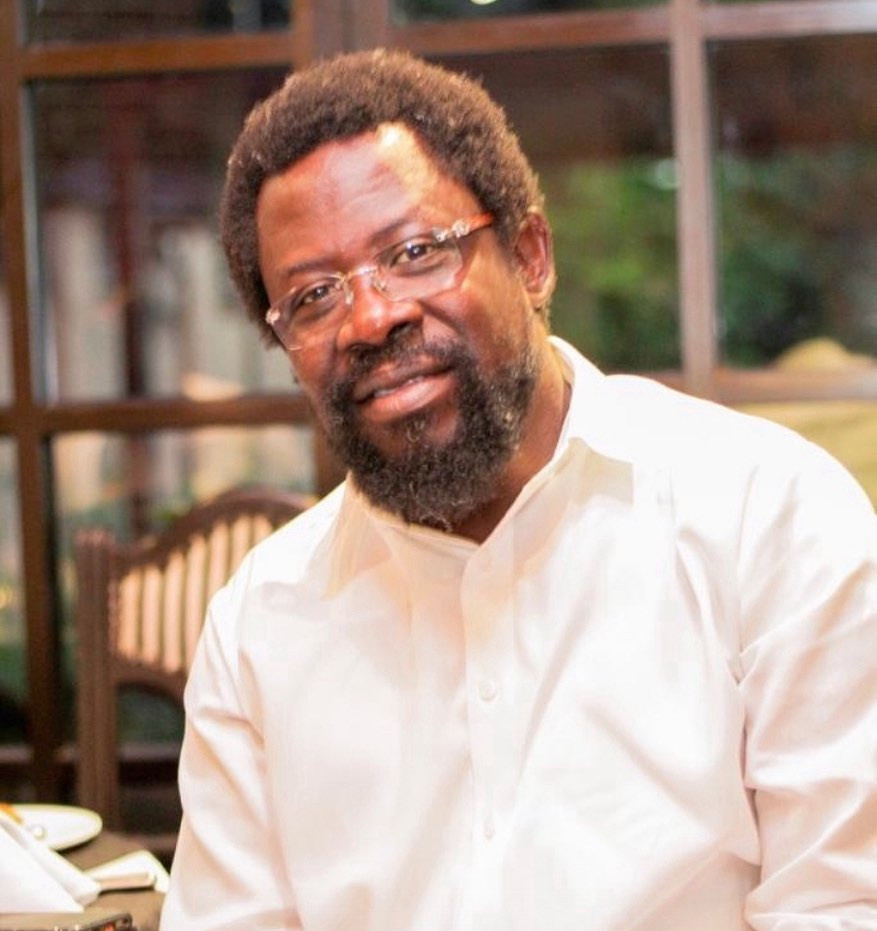As 2023’s Oppenheimer breathed life back into cinema, it also reflected the death of decades of nuclear calm. Less headline-worthy was this week’s International Day for the Total Elimination of Nuclear Weapons. But what place does pacifism have in this playground of megalomaniac male rulers we live in?
Since Vladimir Putin illegally invaded Ukraine, his threats of employing nuclear violence to keep NATO at bay have spawned UK and US op-eds locked into Cold War logic: that an effective deterrent is an aggressive one.
Kim Jong Un’s provocative intercontinental ballistic missile tests, and Donald Trump’s collapsing of multiple arms control agreements including the Iran Nuclear Deal, not to mention Benjamin Netanyahu’s remorseless existentialism, has set forward Oppenheimer’s Doomsday Clock to “90 seconds to midnight”. The closest to catastrophe we have ever been.
These ruptures mean more and more mentions of nukes in our news. But while this quantity of coverage is new to our generation, its nature replicates that of generations before.
The Media's Role in Perpetuating Fear and Ignorance
The US frames its nuclear ‘deterrent’ as responsible for world peace, using euphemistic language to keep the unimaginably awful to the blissfully unimaginable. Terms like ‘nuclear exchange’ instead of ‘nuclear warfare’, as if we’re trading Top Trumps rather than mutually-assured-destruction.
In North Korea, nukes are portrayed as patriotic achievements; in Iran, as peaceful projects exposing Western hypocrites who demand others disarm while they do not; in Russia, they are NATO’s ultimate humiliation.
Here in the UK, nuclear weapons are a fact of life, a necessity we politely ignore but patriotically cling to as undebated (except for a few squabbles over expenses) relics of an increasingly irrelevant superpower.
This tells us more than just how geopolitically biased journalists are. It points to a conversation coloured by state secrecy, blood money, and most of all the ignorance of everyone involved.
The debate is dictated by political voices, while humanitarian and scientific voices are laughed out. Which is why we invited a Nobel Prize-winning physicist and a Japanese peace activist into the Media Storm studio.
The Voices We Don't Hear
How different would the conversation be if survivors had a say? In Japan, author and activist Yumiko Sakuma told us Oppenheimer was widely criticised for omitting visuals of the agonies faced by victims, in what director Christopher Nolan justified as a bid for character subjectivity.
“We actively avoid talking about real human suffering,” she said. Worse still, Warner Bros’ embrace of ‘Barbenheimer’ memes, transposing Barbie characters onto nuclear-mushroom backdrops, was taken as evidence that nuclear war means little more to many than money and entertainment.
“We’re living in a time where survivors of Hiroshima and Nagasaki are leaving us one by one,” said Yumiko, holding up a small ceramic vase she owns, excruciatingly contorted in perfect replication of an item retrieved from Hiroshima’s wreckage. “But we know what radiation does, it’s not abstract.”
Yet there are shortcomings even with survivor accounts, added physicist Dr Ira Helfand, because “they don’t begin to prepare us for what would happen today”. With modern nuclear technology, there would not be survivor accounts.
The Unthinkable Truth About Nuclear War
In eight terrifying minutes on the podcast, Ira recounted what nuclear war would actually look like. Strategic major cities like London, Moscow and New York would be targeted with between 10 and 20 warheads, each six to 50 times more powerful than the bomb that destroyed Hiroshima.
Fireballs would vaporise everything within a six kilometre radius, including the upper level of the earth itself. Within 25 kilometres, anything flammable – wood, gasoline, plastic, skin – would catch fire and release enough soot into the skies to block out the sun worldwide.
Our planet would return to an ice age. No crops, no electricity, no law, no order.
Between India and Pakistan, nuclear war would mean “the end of human civilisation as we know it”. Between the US and Russia, nuclear war might mean “the extinction of our species”.
Reimagine a journalist asking Prime Minister Keir Starmer whether he’d “push the button” in a news report that had begun with this.
Sadly, you’d be hard-pressed to find such grounded coverage. When Dr Helfand pitched his model to The New York Times in 2012, it was rejected in favour of an op-ed about “the swimming skills of polar bears”.
As the editor told him back then, it would take rapid nuclear escalation for their stance to shift. But Cold War editorial agendas die hard: like the BBC’s banning of Peter Watkins’ The War Game in 1965, probably because its depiction of destruction would have crippled public support for the country’s swelling arsenals.
The Myth of Nuclear Deterrence
This editorial diktat is arguably justified on the logic of nuclear peace: the theory that a fear of nuclear weapons has prevented WWIII since they “ended” WWII. There’s just one issue.
“We have come to within minutes of nuclear war at least six times that we know about,” said Dr Helfand. This usually happened because either Washington or Moscow thought the other side had launched an attack and commenced preparations to retaliate.
In other words, deterrence failed. “We have survived this far into the nuclear weapons era not because deterrence works but because we lucked out,” he concluded.
A Treaty We Don't Talk About
Here’s a headline you didn’t read: on Tuesday, three more countries ratified the UN Treaty on the Prohibition of Nuclear Weapons. This treaty (which incidentally won Dr Helfand his Nobel Peace Prize) is a legally-binding ban on developing, testing, acquiring, stockpiling, using or threatening to use nuclear weapons.
It has been signed by 94 countries since its formulation in 2017, but generated zero mentions by BBC News or The New York Times in four years.
Those of us living in the world’s nine nuclear-armed states are fed a fringe view as mainstream. The abstract, one-sided, militarised, and dehumanised portrayal of nuclear weapons has served, over generations, to disengage and disempower anyone who objects. But do not be fooled. We have power.
“Nuclear weapons aren’t a force of nature,” said Dr Helfand. “We made these, we know how to take them apart.”
A Call to Action
Media Storm’s latest episode, ‘Nuclear Weapons: Is there really no other way?’ is out now.
















